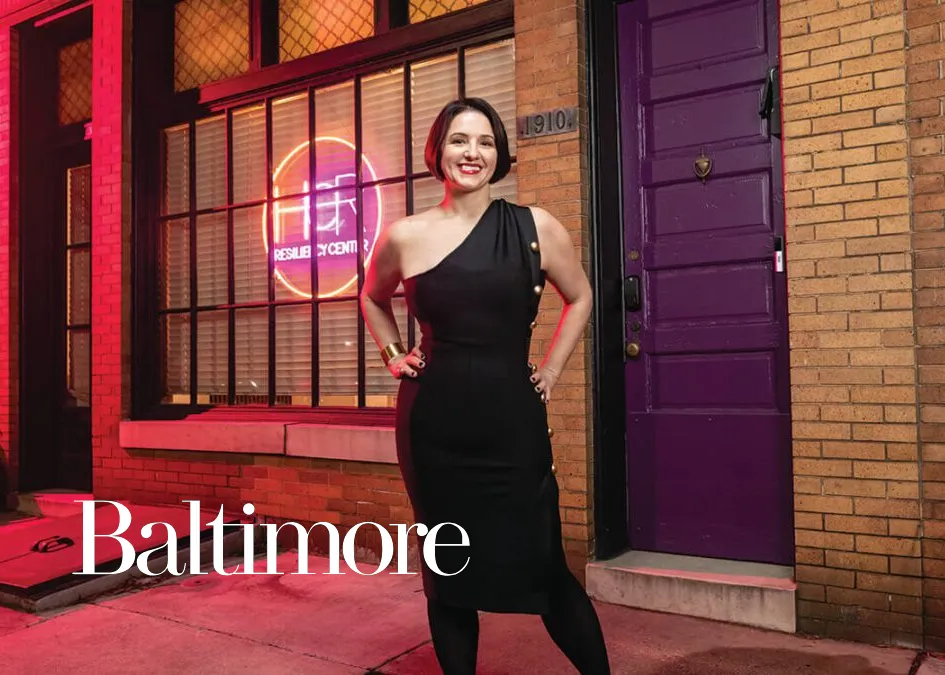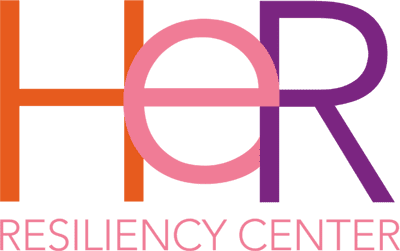
BALTIMORE MAGAZINE: In December, the survivor-led nonprofit opened a brick-and-mortar in Fells Point.
Natasha Guynes’ story is unlike any you’ve heard. Addicted to alcohol and crack cocaine as a teenager, she turned to selling her body to support herself. Sober at age 21 through the help of Alcoholics Anonymous, she went to college and eventually landed a job in the office of former U.S. Senate Majority Leader Harry Reid. After several years on Capitol Hill, Guynes left politics and founded HER Resiliency Center, which serves young women with similar complex trauma. In 2019, HER expanded its street outreach and services to Baltimore, and in December, opened a brick-and-mortar in Fells Point.
“We were in contact with more than 300 women in Baltimore in 2023,” says Guynes. “With a good portion, we’ve made an impact in their lives. With others, we’ve planted seeds.”
Can you tell us about the street outreach to women involved in sex work?
We cover five neighborhoods. They’re hidden in plain sight. We engage the women with snacks and hygiene and safety kits that we carry. But we talk to everybody. You don’t know who the gatekeepers are. We talk to business owners, the old lady walking by. If we’re buying tennis shoes for the homeless man at the bus stop, that’s another way to build trust in the community. On Fridays, we host a lunch at Sweet Hope Free Will Baptist Church in Park Heights.
In your experience, what is the turning point for these women?
At the church lunch, for example, we have an activity and the women engage each other. This is also where we can help them start to think about their next step, whether they want to go to substance-use treatment or not. Not that we want to see them have hard days, but on those hard days, where they’re just so tired, they can’t go another day, that’s when we’re like, “Well, we can help you get ready to go to treatment.”
Some of HER’s foundation is based on your A.A. experience?
That’s true. There’s a road map we provide through individual, intensive, holistic support, helping them achieve their own goals, mixed in with the community element, where they learn from other women who’ve been in similar circumstances and build positive relationships with each other. We’re not a social service agency. We also try to get women into high-caliber treatment, either a scholarship to Ashley Addiction Treatment, which costs about $32,000 for 28 days, or the Pinelands Recovery Center [in New Jersey]. We would want that for ourselves or our loved ones.
Can you share a success story?
Stephanie is very near and dear to me. I helped her get off the streets in 2021…Stephanie has three kids, and today, she’s able to show up in their lives. She volunteers at HER Resiliency. She works full-time at a local treatment center. Our peer relationships overlap, and we go to A.A. meetings, game nights, and baseball games together. She’s an active member of society and that’s what we want for every woman, to be a participating, active member of society, no longer hidden in plain sight.
Read the original story by Ron Cassie in Baltimore Magazine with photography by Mike Morgan.
